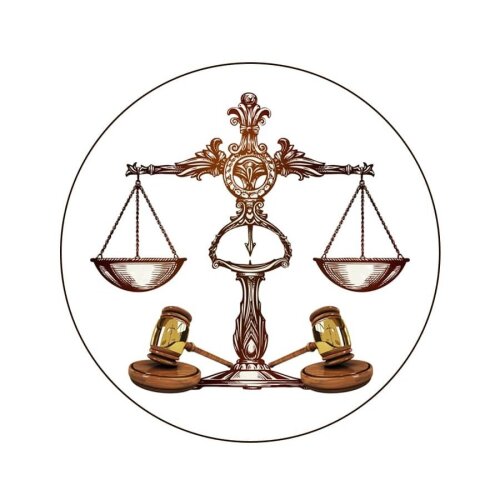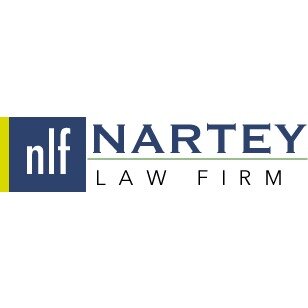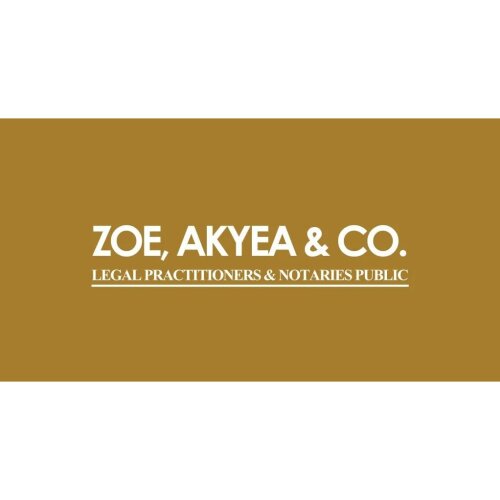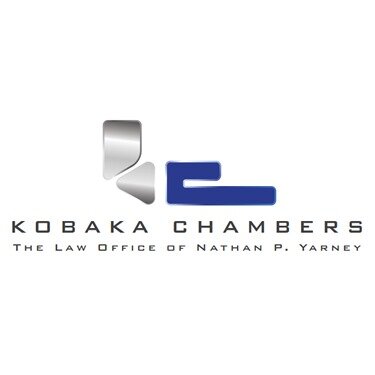Best Probate Lawyers in Ghana
Share your needs with us, get contacted by law firms.
Free. Takes 2 min.
Or refine your search by selecting a city:
List of the best lawyers in Ghana
About Probate Law in Ghana
Probate law in Ghana governs the legal process of administering a deceased person’s estate, ensuring that the debts are paid and assets are distributed according to the deceased's will, or by the rules of intestacy if there is no will. This process is overseen by the courts to ensure fairness and legality. Probate is crucial in validating wills and ensuring that the deceased's wishes are carried out and that rightful heirs receive their inheritance.
Why You May Need a Lawyer
There are several situations where engaging a lawyer for probate matters in Ghana is necessary or beneficial:
- Complex Estates: If the estate includes complex assets like businesses or foreign investments, legal guidance can help navigate potential complications.
- Disputes Among Heirs: A lawyer can mediate disputes and represent interests in court, ensuring the distribution process is fair and legal.
- Intestacy: If the deceased did not leave a will, a lawyer can help determine rightful heirs under Ghanaian law.
- Debt Handling: Managing the deceased’s outstanding debts can be complicated, especially when creditors vie for settlement.
- Document Preparation: Lawyers ensure all legal documents are correctly prepared and submitted to the court.
- Accelerating Process: Legal expertise can expedite the often time-consuming probate process.
Local Laws Overview
The Probate and Administration of Estates Act, 1961 (Act 63) is the principal legislation governing probate in Ghana. Key aspects include:
- Wills: A valid will must be written, signed by the maker, and witnessed by two individuals.
- Intestacy: If no will exists, estate distribution follows intestate succession laws, detailing the hierarchy of beneficiaries.
- Court Involvement: The High Court of Ghana is primarily responsible for granting probate or letters of administration.
- Executor’s Role: An executor appointed by a will must administer the estate faithfully and report to the court.
- Tax Obligations: Inheritance may be subject to taxes, and all tax debts of the deceased must be settled before distribution.
Frequently Asked Questions
What happens if someone dies without a will in Ghana?
If someone dies intestate (without a will), their estate is distributed according to the rules of intestacy as outlined by Ghanaian law, prioritizing immediate family members.
Who is responsible for managing an estate during probate?
The executor named in the will is responsible for managing the estate. If no executor is named, the court appoints an administrator.
Is it necessary to probate a small estate?
Yes, even small estates must go through probate to validate the will and legally allocate assets to the rightful heirs.
How long does the probate process take in Ghana?
Timeframes vary depending on the estate's complexity, but probate typically takes several months to complete.
Can a will be contested in court?
Yes, wills can be contested on grounds such as lack of mental capacity, undue influence, or improper execution.
What happens to a deceased's debts during probate?
All debts and taxes must be settled from the estate before distribution to beneficiaries.
Do all assets go through probate?
No, only assets solely in the deceased's name typically go through probate. Jointly owned assets or those with named beneficiaries often bypass the process.
What fees are associated with probate?
Probate typically involves court fees, executor’s fees, and possibly attorney’s fees, which are paid from the estate value.
How can I find out if someone left a will?
A search in the High Court where the deceased resided or died is necessary to check for a registered will.
Can probate be avoided?
While difficult to avoid completely, a well-structured estate plan, including trusts, can mitigate the extent of probate proceedings.
Additional Resources
For further assistance, consider these resources:
- The Ghana Judicial Service: Provides information about the probate process.
- The Ministry of Justice and Attorney General’s Department: Offers guidance on legal matters including probate.
- The Ghana Bar Association: A resource to find qualified legal practitioners in probate law.
Next Steps
If you require legal assistance in probate matters, here’s how to proceed:
- Document Assembly: Gather all relevant documents like identification, death certificate, and the will (if available).
- Consultation: Schedule consultations with qualified probate lawyers to discuss your case specifics.
- Choose Representation: Select a lawyer who specializes in probate and whose approach aligns with your needs.
- Act Promptly: Timely action is vital to prevent the depreciation of assets and legal complications.
- Communication: Maintain clear and open communication with your legal representative throughout the process.
Lawzana helps you find the best lawyers and law firms in Ghana through a curated and pre-screened list of qualified legal professionals. Our platform offers rankings and detailed profiles of attorneys and law firms, allowing you to compare based on practice areas, including Probate, experience, and client feedback.
Each profile includes a description of the firm's areas of practice, client reviews, team members and partners, year of establishment, spoken languages, office locations, contact information, social media presence, and any published articles or resources. Most firms on our platform speak English and are experienced in both local and international legal matters.
Get a quote from top-rated law firms in Ghana — quickly, securely, and without unnecessary hassle.
Disclaimer:
The information provided on this page is for general informational purposes only and does not constitute legal advice. While we strive to ensure the accuracy and relevance of the content, legal information may change over time, and interpretations of the law can vary. You should always consult with a qualified legal professional for advice specific to your situation.
We disclaim all liability for actions taken or not taken based on the content of this page. If you believe any information is incorrect or outdated, please contact us, and we will review and update it where appropriate.
Browse probate law firms by city in Ghana
Refine your search by selecting a city.














